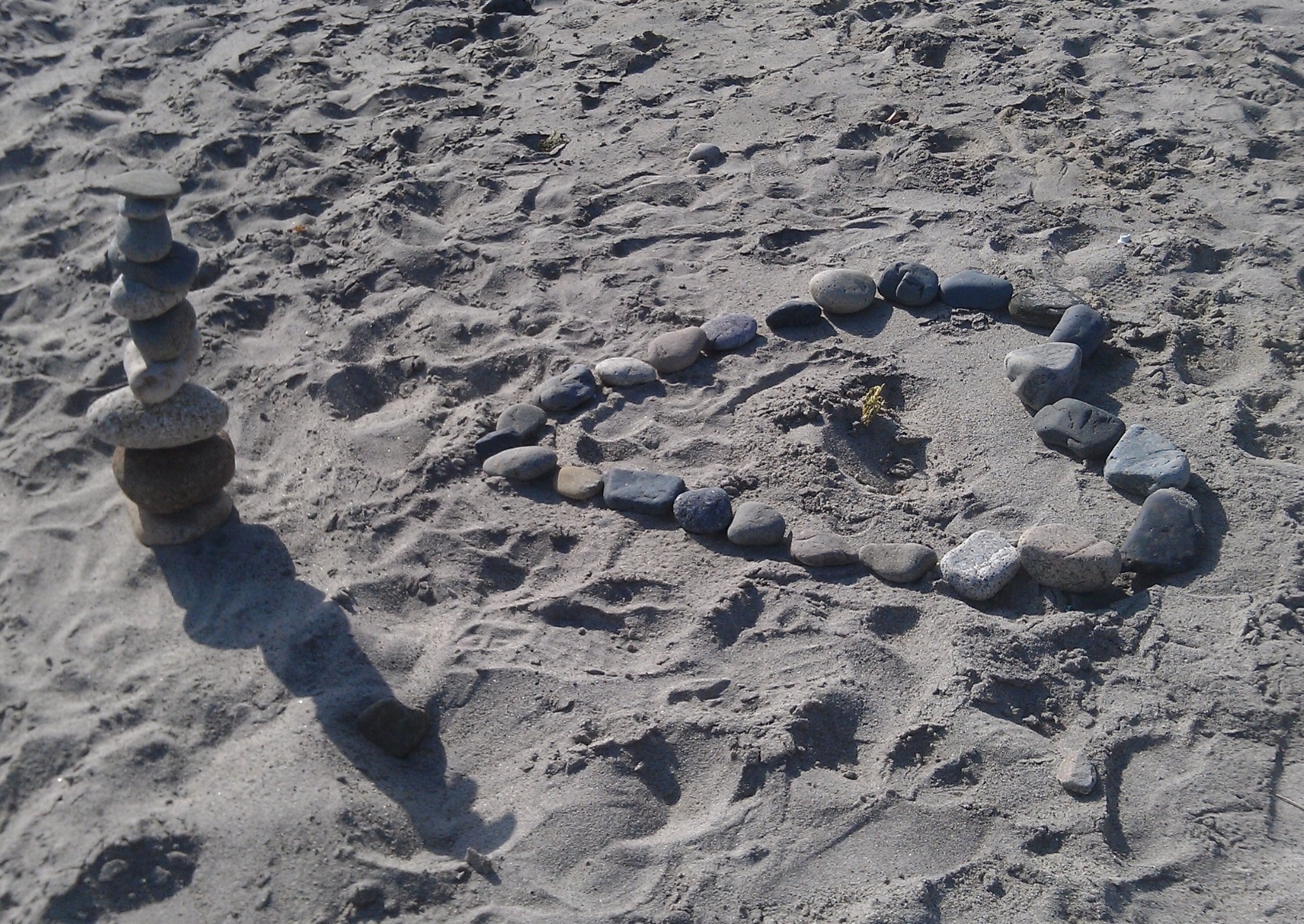Please join Jennifer Martindale, Steve Ramirez and me December 6th as we read from Incandescent Minds: Selfish Works for Steve and Ben's Two Idiots Peddling Poetry reading at the Ugly Mug. Yay!!!!
The reading begins at 8 (ish). Don't forget to pay Phil the $3 cover, or he will take an organ of his choosing with dull cutlery. The address is 261 N Glassell St., Orange. Public parking is usually available after 7:30 near the corner of E Maple and N Orange St.
Incandescent Mind is published by Sarah Thursday's Sadie Girl Press. Sarah's description and spelling are much better than mine:
"Incandescent Mind: Selfish Work is a full-color, 8.5 x 11″ journal of poetry, prose, art, and photography addressed to the self. 78 authors and artists contribute to this 90 page collection. Layout, design, and editing by Sarah Thursday with additional editing and selection by Terry Ann Wright, G. Murray Thomas, Marianne Stewart, Keayva Mitchell, and Alyssa Matuchniak."
"Much like popular “selfies”, contributors turn the focus of their work on themselves. Beyond the sake of vanity, these selfies are intimate snapshots of a contributor’s personhood. They address the self of the present, past, future, alternate versions, or physical parts in letters, postcards, warnings, reminders, lists, and loving tributes. Available at the Sadie Girl Bookstore."
"Selfish Work includes contributions from: Alex Diffin, Alexis Rhone Fancher, Allegra Forman, Alyssa J Wynne, Amanda Martin, Amanda Mathews, Amy Bassin, Ana Jovanovska, Angela Topping, Anney Ryan, Armine Iknadossian, Ashley Elizabeth, Avalon Graves, Bailey Share Aizic, Boris Ingles, Brenda Matea, Carolyn Agee, Christine Stoddard, Cindy Rinne, Clifton Snider, D S Chapman, Daniel McGinn, Daniela Voicu, Danielle Mitchell, Don Kingfisher Campbell, Donna Hilbert, E R Zhang, Ed Baines, Edward Distor, Erika Ayon, Fernando Gallegos, G. Murray Thomas, Jenni Belotserkovsky, Jennifer Takahashi, Jettie Krantz, jill emery, Jim Coke, JL Martindale, Jonathan Yungkans, Joy Shannon, Kelsey Bryan-Zwick, Kimberly Cobian, Kimberly Esslinger, Kimmy Alan, Kit Courter, LaLa Deville, Larry Colker, LeAnne Hunt, Linda Singer, Mahssa Hosseini, Marc Cid, Marcela Marquez, Marianne Peel, Matt Rouse, Michael Cantin, Michele Vavonese, Nancy Lynee Woo, Natalie Hirt, Nicole Connolly, Odilia Galván Rodríguez, Rachel Kann, RaeAnn Crunk Yinger, Raundi Moore Kondo, Ricki Mandeville, Robin Axworthy, Sarah Thursday, Sharon Elliott, Shelby Pendergast, Stephanie Harper, Steve Ramirez, Steven Lossing, Sukyi Naing, Tamara Hattis, Taylor Xavier, Terri Niccum, Tobi Alfier, Victor Ladd, and Wynne Henry."
Thank you, Sarah!!!!


































